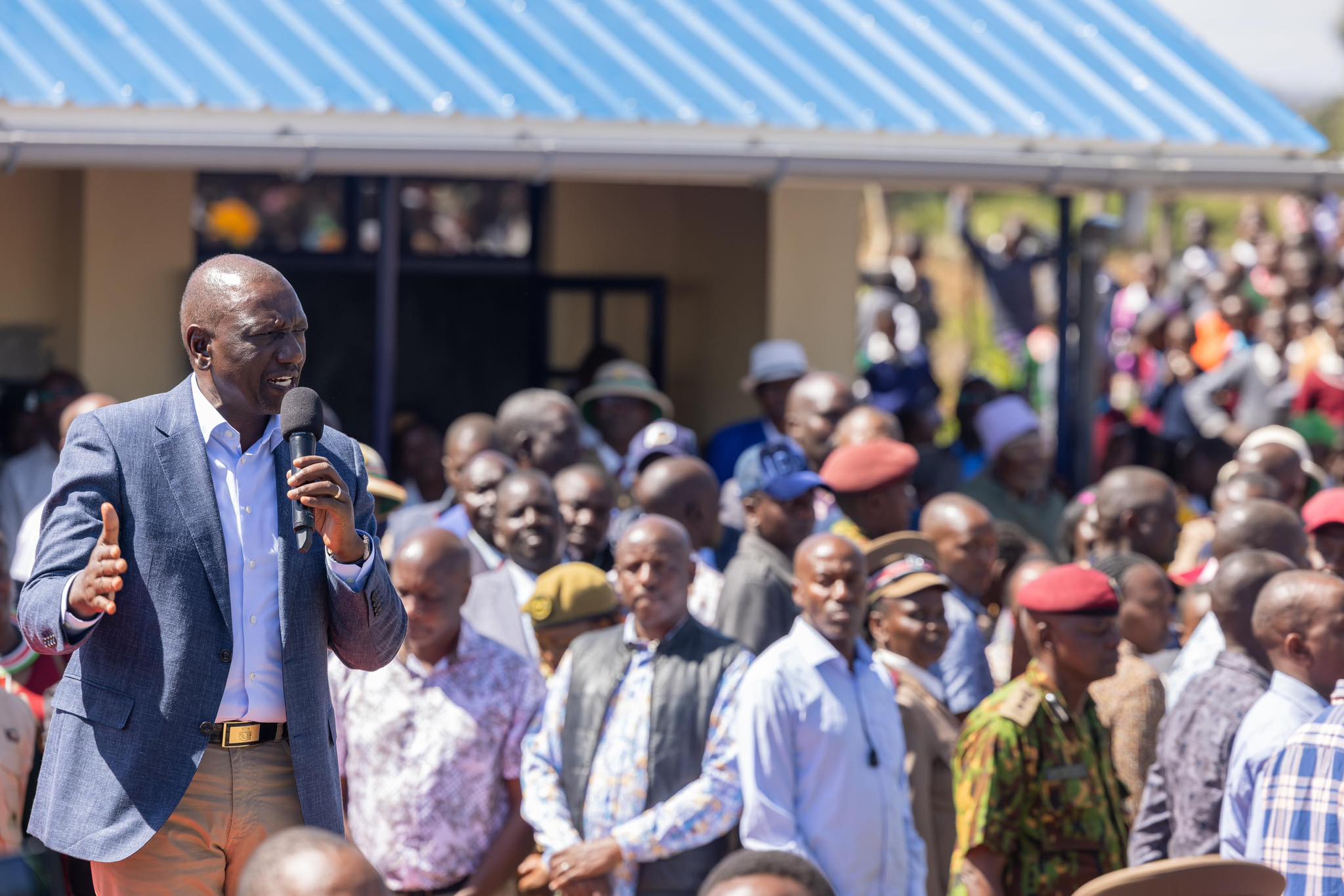A recent research study on cooperatives in Kenya now shows that cooperatives are a preferred store of wealth for members and that many people are leaning on Saccos and cooperatives for small loans.
Fifty four percent of cooperative members relied heavily on their cooperative ownership as a store of wealth.
The cooperative as a store of wealth even exceeded banks and other traditional investment types as alternative places to store cooperative members’ wealth.
Global Communities through the USAID Cooperative Development Programme – Cooperative Leadership Engagement Advocacy and Research (CLEAR) programme had partnered with the United States International University – Africa (USIU-A) to conduct the 5-year longitudinal research study on the dynamics of social capital within the context of agricultural cooperatives in Kenya.
The study took a detailed look at various aspects including the types and effects of external shocks faced by cooperatives, the relationship between active cooperative membership and personal resilience, the psychological and financial benefits of cooperative membership, and the effectiveness of trust in regulating cooperative activities and resilience.
According to the study which was released on Thursday during the Cooperatives Resilience Research Dissemination Workshop by Global Communities’ Cooperatives Development Programme – CLEAR indicated that members of agricultural cooperatives in Kenya faced a pivotal year in 2022. After the economic hardships brought on by the COVID-19 pandemic, the year showed signs of a rebound.
Mirroring this recovery, cooperative members demonstrated increased ability to afford essential medical services such as doctor and dental visits.
READ ALSO:
Schools must be protected from industrial hazards around them
Nonetheless, the affordability of these services had not fully returned to pre-pandemic levels, suggesting continued economic strain.
Amidst the shifting economic landscape, cooperative members found themselves in a stronger position to afford key business inputs, including fertilizer and animal feed. This improvement pointed towards a broader post-election economic recovery in Kenya, signifying a positive trend for agricultural cooperatives.
Pamela Kaburu, Monitoring and Evaluation Specialist and Ashley Holst, Chief of Party from Global Communities said the data revealed that active cooperative members showed higher probability of being resilient with high confidence in their abilities and preparedness to overcome a shock in the face of one.
About 82 per cent of cooperative members expressed certainty that if they faced a crisis, their cooperative would swiftly come to their aid.
The study revealed the indispensable role of cooperatives in providing support to their members. Across all categories of external shocks, from security related to natural shocks, cooperatives showed significant and consistent support to members facing these adversities.
Dr. Scott Bellows the Lead Researcher from USIU-A for the 5- year longitudinal study indicated that the research revealed that members who were more active in their cooperatives are more likely to hold stronger positive expectations for their life, more hopeful for the future, much higher cohesion within their own families, higher self-efficacy, and satisfaction in their lives, and much more self-esteem.
State Department of Cooperative Principal Secretary Patrick Kilemi who presided over the opening Workshop by Global Communities’ Cooperatives Development Programme –CLEAR noted that cooperatives weave resilience into the social fabric, enabling communities to weather storms, adapt, and thrive, adding that research is more than an academic pursuit.
It is the compass guiding policy decisions, the beacon illuminating the sector collective path.
“When research is rigorous, relevant, and valid, it shapes policies that transform lives. We delve into the cooperative model’s potential, its promise of resilience. As we dissect data, let us remember that our discussions here ripple outward, touching livelihoods, weaving a safety net for those navigating uncertainty,” the PS said.
He noted that government will continue to partner with stakeholders to empower, improve living standards of Kenyans through the cooperative sector.
By Obegi Malack
Get more stories from our website: Sacco Review.
For comments and clarifications, write to: Saccoreview@
Kindly follow us via our social media pages on Facebook: Sacco Review Newspaper for timely updates



